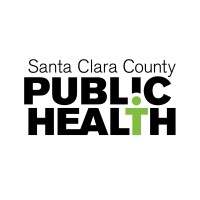
National Clinician Consultation Center (NCCC)
The National Clinician Consultation Center (NCCC) provides clinicians of all experience levels prompt, evidence-based clinical guidance about the best management of HIV, viral hepatitis, and substance use disorders (SUD), including perinatal HIV and pre-and-post exposure prophylaxis (PrEP and PEP). We provide online and phone-based clinical education that is tailored to the specific needs of providers and patients. Our service is cost-free, confidential, and available to all U.S.-affiliated healthcare providers.






